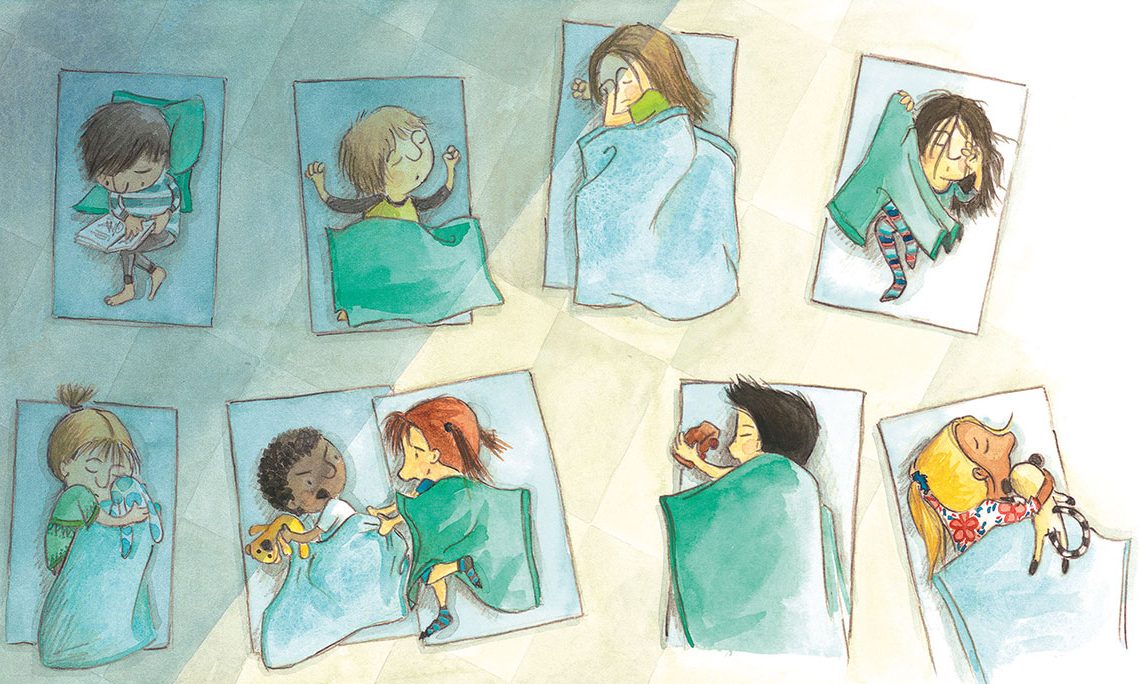Psychosexual development is part of children’s overall development. Some sexual behaviours are therefore healthy and normal. This section will help you better understand young children’s psychosexual development and to distinguish between normal behaviour and sexual behaviour problems.











